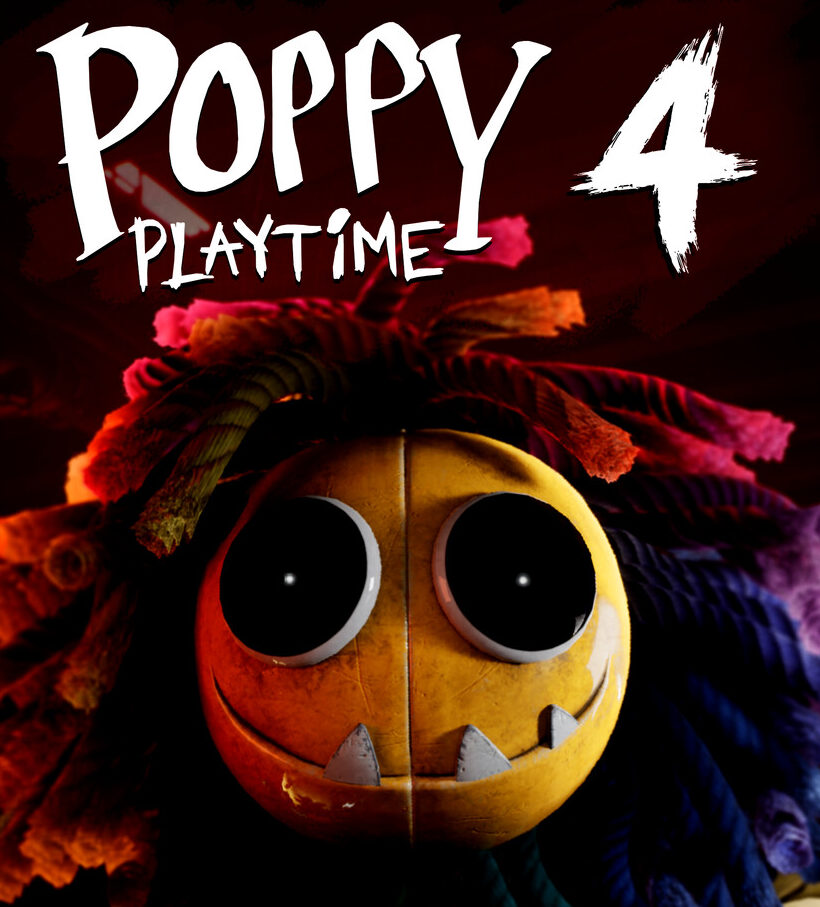Popular Now
Introduction
Toca Boca World is beloved by children worldwide for its open-ended, imaginative gameplay. However, behind its vibrant graphics and playful design lies a controversial monetization system that raises important concerns. This article explores the depth of that issue, analyzing how in-app purchases, paid content walls, and psychological triggers affect young players and their guardians.
1. The Foundation of Toca Boca World’s Monetization Model
Toca Boca World is free to download, offering limited gameplay in its base version. Players can explore a few characters and one or two locations without spending money. However, the majority of content—buildings, characters, furniture packs, and themed locations—is locked behind a paywall.
This freemium model is common in mobile gaming, but it becomes more controversial in children’s games, where the target audience often cannot make purchasing decisions. Parents become the financial gatekeepers, and the game’s persistent marketing targets them through the child's repeated requests and emotional appeal.
2. Emotional Triggers and Psychological Design
How the Game Hooks Children
The colorful art style, catchy sounds, and cute characters are more than just aesthetic choices—they are carefully designed to appeal to the psychological preferences of children aged 4 to 12. These features make the game highly engaging and addictive, increasing the desire to explore more content.
Locked Content Temptation
Many areas in the game appear accessible but prompt a purchase screen when clicked. Children are shown characters having fun in unavailable areas or using items they cannot access, subtly reinforcing the idea that enjoyment is limited without spending.
3. The "One-Time Purchase" Illusion
Toca Boca offers individual item packs and bundles as one-time purchases, but with new content released regularly, the game encourages continuous buying. Parents may buy a bundle thinking it's enough, only to find their children soon asking for more due to fresh updates or seasonal items.
This cyclical system resembles a subscription model in disguise. Despite not being a formal subscription, the regular addition of new items creates a sense of urgency and fear of missing out (FOMO), which influences spending habits.
4. Paywalls and the Social Divide Among Players
Children who cannot afford paid packs often feel left out when they see others accessing more features. This can lead to peer comparison issues, especially in settings where gameplay is discussed among friends, classmates, or siblings.
Online communities such as YouTube and TikTok amplify this divide. Popular creators showcase massive custom houses, rare characters, and exclusive areas—most of which are behind a paywall—indirectly pressuring viewers to spend in order to replicate those experiences.
5. Marketing Tactics Targeting Young Minds
Seasonal Events and Limited-Time Offers
Toca Boca releases limited-time packs during holidays and events, such as Halloween or Christmas, which are only available for a short duration. These packs often include exclusive skins, outfits, or furniture, creating urgency to purchase before the event ends.
Bundle Offers and Discounts
Bundles are presented with slashed prices and bright “Save Now!” tags, triggering psychological responses of bargain-hunting behavior—even among children. While parents may be swayed by perceived value, the game subtly promotes more purchases through these pricing strategies.
6. The Role of Parental Controls and Their Limitations
While Toca Boca includes some parental control settings, these are limited and not foolproof. Parents can restrict purchases with password protection, but that doesn’t stop children from repeatedly asking, crying, or negotiating for packs they see as essential to enjoying the game fully.
Additionally, not all parents are aware of how much content is monetized, leading to unexpected costs or ongoing financial pressure. This can strain the child-parent relationship, especially when the child perceives being denied as unfair or punitive.
7. Financial Literacy and Its Absence in Gameplay
Toca Boca World does not provide a means to educate children on financial decisions, budgeting, or digital spending responsibility. When a child is given the ability to purchase without context, it reinforces instant gratification rather than long-term value assessment.
In the absence of earning mechanisms, such as simulated jobs or in-game currencies earned through play, children never learn the value of effort tied to reward. Instead, spending money becomes the shortcut to fun and access.
8. Parental Frustration and Online Backlash
App Store Reviews and Forums
Many negative reviews on the App Store and Google Play echo similar sentiments: “Too expensive,” “My child keeps asking for money,” or “It’s pay-to-play.” Parents feel misled by the “free” label and frustrated by the constant requests for purchases from their children.
Community Pushback
In online forums, parents have begun sharing tips to manage expectations or even discourage the use of Toca Boca World altogether. Discussions revolve around budget-friendly alternatives, in-app purchase blockers, or DIY roleplay methods outside the digital ecosystem.
9. Ethical Debate: Is Monetizing Children’s Games Justifiable?
The monetization of Toca Boca World raises ethical questions in the gaming industry. While developers deserve compensation for their work, targeting children with aggressive monetization tactics blurs ethical boundaries. Children lack the cognitive ability to understand marketing intent, making them particularly vulnerable.
Some experts suggest that games like Toca Boca should adopt models that educate or reward through non-monetary methods. Others argue for regulation or age-specific monetization laws to protect underage players from exploitation.
10. Toward a More Balanced Design: Solutions and Recommendations
How Toca Boca Could Improve
-
Introduce an earnable in-game currency for unlockable content
-
Limit the number of in-app purchase prompts in child-directed spaces
-
Offer all-inclusive bundles that cover the majority of game content at a fair price
-
Implement educational features about spending, saving, and digital behavior
Advice for Parents
Parents should explore the game themselves before allowing their children to play. Setting clear rules, turning off payment options, or discussing wants versus needs can help reduce friction. Apps like Google Family Link and Apple Screen Time can further regulate usage and purchases.
Conclusion
Toca Boca World offers a rich digital playground that fuels creativity and imagination. However, its monetization model introduces serious concerns when targeting young audiences. The emotional appeal, gated content, and lack of educational value around spending present ethical and developmental issues. By rethinking their approach and prioritizing child-centric design over profit, developers can balance business goals with responsibility.

















